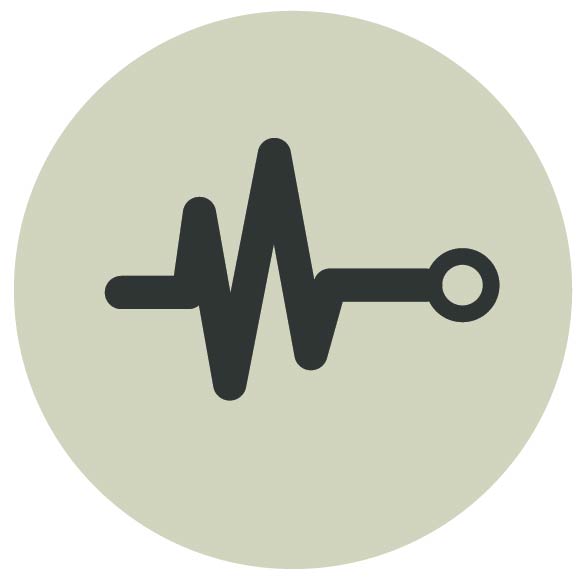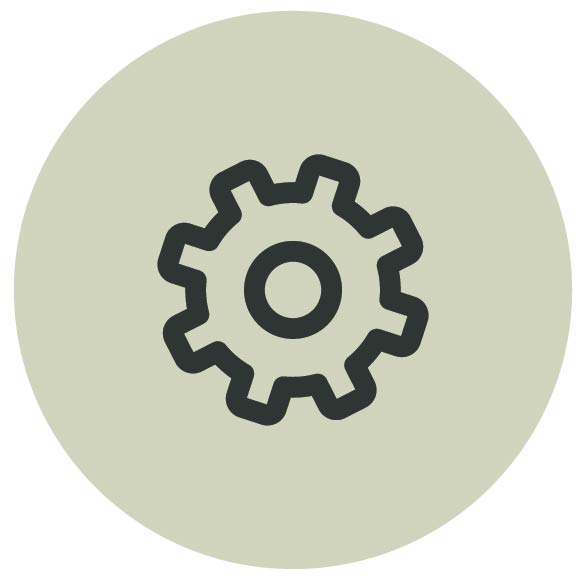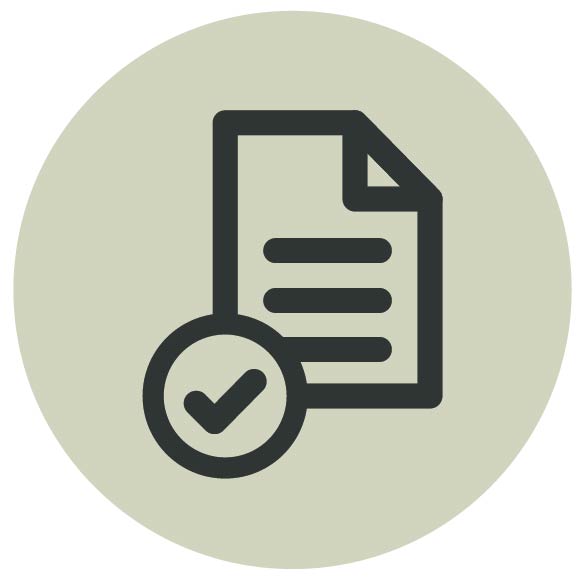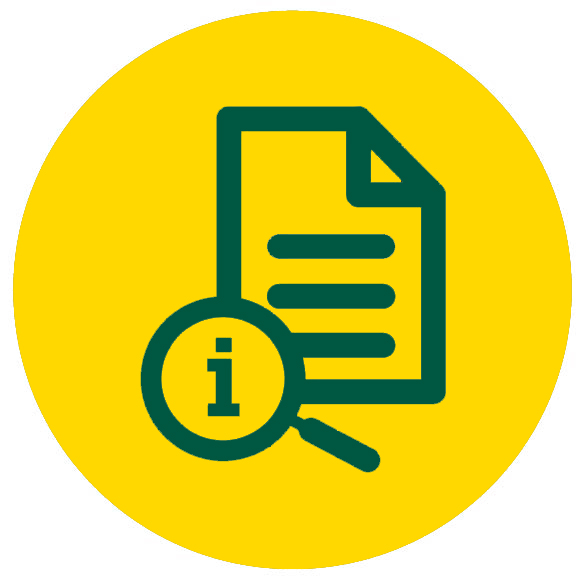Coeliac disease is a condition where your body's immune system mistakes gluten, a protein found in wheat, barley and rye, as a threat to your body and attacks your own tissues. This causes damage to the lining of the gut and means the body can't properly absorb vitamins and nutrients from food. Symptoms are different for in terms of severity and type for everyone living with this condition.
Coeliac disease is a lifelong autoimmune disease and is not an allergy or food intolerance. Once someone has been diagnosed, they will need to strictly avoid eating any foods, which contain any amount of gluten.
The content on this page is provided solely for information purposes and provides an overview of the subject matter covered - it has kindly been reviewed by GutsUK. It is not a substitute for professional medical advice, diagnosis or treatment. If you think you have coeliac disease, please seek further information. The information on this page is subject to change without notice.
Coeliac disease is an invisible disability
 Coeliac Disease affects 1 in every 100 person worldwide
Coeliac Disease affects 1 in every 100 person worldwide Symptoms can affect any area of the body not just the gut - it is a 'multi-system' disorder
Symptoms can affect any area of the body not just the gut - it is a 'multi-system' disorder Approx. 80 million people have coeliac disease worldwide
Approx. 80 million people have coeliac disease worldwide Coeliac disease is not a food allergy It is an autoimmune condition
Coeliac disease is not a food allergy It is an autoimmune condition Gluten-free is not optional a strict gluten free diet is the only treatment for Coeliac disease
Gluten-free is not optional a strict gluten free diet is the only treatment for Coeliac disease It is genetic - 1 in 10 related family members also have coeliac disease
It is genetic - 1 in 10 related family members also have coeliac disease Coeliac Disease stats & facts poster Download here
Coeliac Disease stats & facts poster Download here
Coeliac disease affects at least 1 in 100 people in the world but this figure is thought to be higher as many people are not yet diagnosed or may be misdiagnosed. Some symptoms of coeliac disease may be mistaken as irritable bowel syndrome, wheat intolerance.
When someone with coeliac disease eats gluten, their immune system damages the lining of the small intestine. Villi which are small finger like projections that line the small intestine, enable the body absorb nutrients from food into the blood. When the villi get damaged, it means the body has difficulty absorbing nutrients properly.
Non responsive and refractory coeliac disease
Some people with coeliac disease do not respond to the gluten free diet or may initially respond to the diet and then start to experience symptoms again. Refractory coeliac disease (RCD) is a very rare complication of coeliac disease and is reported to affect between 0.3 to 4.0% of people with coeliac disease.
Symptoms
Coeliac disease can develop at any age, although most cases are likely to develop in early childhood (between 8 and 12 months old) and in later life (between 40 and 60 years old).
It affects everyone differently and can affect any part of the body. People with undiagnosed or untreated coeliac disease can experience a wide range of symptoms and nutritional deficiencies which range from mild to severe and include:
- bloating and flatulence
- diarrhoea
- constipation
- persistent and unexplained nausea
- tiredness
- indigestion
- anaemia
- unintentional weight loss (but not in all cases)
- Dermatitis herpetiformis, a rash with red raised patches that burn and sting
- disorders that affect co-ordination, balance and speech
Once diagnosed, the only treatment for coeliac disease is a gluten free diet. Once gluten is removed from the diet, people will usually start to feel better within a few weeks as the gut begins to heal, it can take up to 5 years for the gut damage caused by eating gluten to fully heal.
What is gluten?
Gluten is a protein found in wheat, barley and rye. It can be found in any type of food including, but not limited to, most types of bread, pasta, cakes, breakfast cereals and some ready-made meals and sauces. Some people are also sensitive to oats.
Is it the same as a food allergy or intolerance?
Wheat allergy is a reaction to proteins found in wheat, triggered by the immune system and usually occurs within seconds or minutes of eating. Coeliac disease is not an intolerance and does not cause anaphylactic shock. It is an autoimmune disease and does not cause anaphylactic shock.
Effects on and challenges faced in daily life
- Lack of information on food labels and in restaurants
- Digestion problems linked to eating food that contains gluten
- Discomfort
- Tiredness
Assistance and support you can offer
Every non-visible condition and impairment is experienced differently, and it is not possible to generalise the recommendations below for all.
- Help them avoid gluten by reading food labels when shopping or preparing meals
- Ask hospitality staff if menu items are gluten free when dining out
Help to avoid cross-contamination with gluten when preparing food by:
- Keeping cooking utensils separate during food preparation and cooking
- Washing surfaces thoroughly
- Avoiding frying food in the same oil that has previously been used to cook foods which contain gluten
- Providing a separate toaster, breadboard or toaster bags to make gluten free toast
- Using separate condiments like jam, butter, mustard and mayonnaise
Workplace considerations
Information on workplace considerations are only available to some Sunflower Members. Find out more about the Sunflower Membership plans here,
Sources:
Celiac Disease Foundation: https://celiac.org/
Coeliac UK: https://www.coeliac.org.uk/
Guts UK: https://gutscharity.org.uk/
NHS: https://www.nhs.uk/conditions/coeliac-disease/
Look out for these Sunflower icons
 I have a hidden disability
I have a hidden disability
The content on this page is provided solely for information purposes and provides an overview of the subject matter covered. It is not a substitute for professional medical advice, diagnosis or treatment. If you think you have Coeliac disease, please seek further information. The information on this page is subject to change without notice.
For further information, please visit GutsUK:
Guts UK is the charity for the digestive system (yes, all 25ft of it!). Guts UK provide expert information: Information is power! When armed with information, patients can take control of their health and make informed decisions; raise public awareness: Guts UK research shows that 58% of people are embarrassed to talk about their digestive condition or symptoms. Therefore, 51% of people delay seeking advice for over 6 months. Guts UK empower people to seek help; fund life-changing research: Our digestive systems receive less than 2% of the UK’s medical research funding. Guts UK exist to change that. It’s time the UK got to grips with guts!





